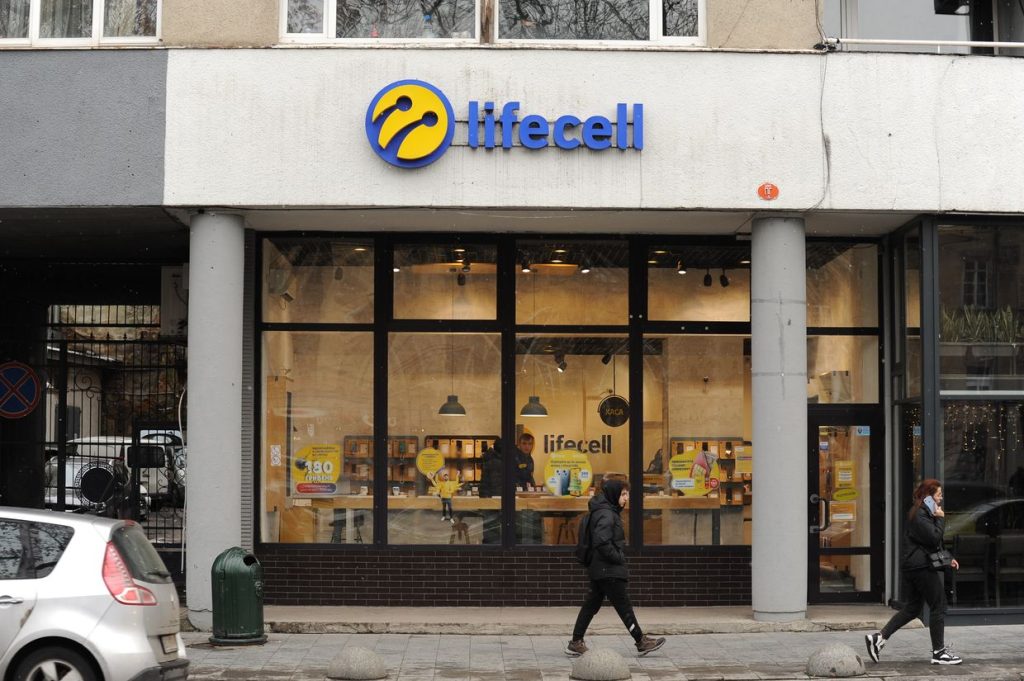The sale and merger of the telecom businesses Lifecell and Datagroup-Volia in Ukraine has raised concerns about payments to sanctioned oligarch Mikhail Fridman. The contract for the acquisition, which is set to be carried out by French billionaire Xavier Niel’s investment company NJJ Capital, prohibits any funds from being transferred to Fridman or his companies. Despite Fridman’s indirect ownership of shares in Turkcell, the parent company of Lifecell, the agreement ensures compliance with international and Ukrainian sanctions. Fridman, who was sanctioned by the EU following Russia’s invasion of Ukraine, has not been officially removed from the sanctions list yet.
The EU Court of Justice recently ruled that sanctions against Fridman should be lifted, as the EU had failed to demonstrate his support for actions undermining Ukraine’s sovereignty. However, Fridman and his associate Petr Aven remain under U.S. and Ukrainian sanctions. In response to these measures, Ukraine nationalized Sense Bank, a branch of Fridman’s Alfa Bank, in 2023. The state acquired the bank’s shares for a nominal fee, citing the owner’s sanction status. The upcoming merger of Lifecell with Datagroup-Volia to form a new entity will create one of the largest acquisitions in Ukraine’s history, with a total value of $1.5 billion over five years.
The ongoing conflict in Ukraine has led to broader sanctions against entities profiting from Russia’s war. The latest sanctions package targets Belarusian companies benefiting from the conflict, including a state-owned machine tool building company, a radio communications firm, and a software development company. These measures reflect the international community’s efforts to curb support for the aggression against Ukraine and hold accountable those exploiting the situation for financial gain. The sanctions aim to disrupt the flow of resources to entities contributing to the conflict and send a clear message that such actions will not be tolerated.
The acquisition of Lifecell by NJJ Capital marks a significant development in Ukraine’s telecommunications sector and is part of a larger consolidation trend in the industry. The merger of Lifecell with Datagroup-Volia will create a stronger and more competitive player in the market, with the potential to offer enhanced services to customers. Despite the complexities surrounding Fridman’s ownership links and sanction status, the parties involved in the acquisition have committed to upholding legal and regulatory compliance, ensuring that no funds are directed to sanctioned individuals or entities.
As the telecom sector in Ukraine undergoes restructuring and consolidation, regulatory oversight and compliance with sanctions remain key considerations for investors and industry players. The enforcement of sanctions against individuals like Fridman underscores the importance of accountability and adherence to international norms in the context of geopolitical conflicts. The merger of Lifecell and Datagroup-Volia represents a significant milestone in the evolution of the Ukrainian telecommunications industry, with potential implications for market competition and consumer choice. By supporting independent journalism in Ukraine, individuals can contribute to transparency and accountability in business dealings, ensuring that ethical standards are upheld in the face of complex regulatory challenges.















